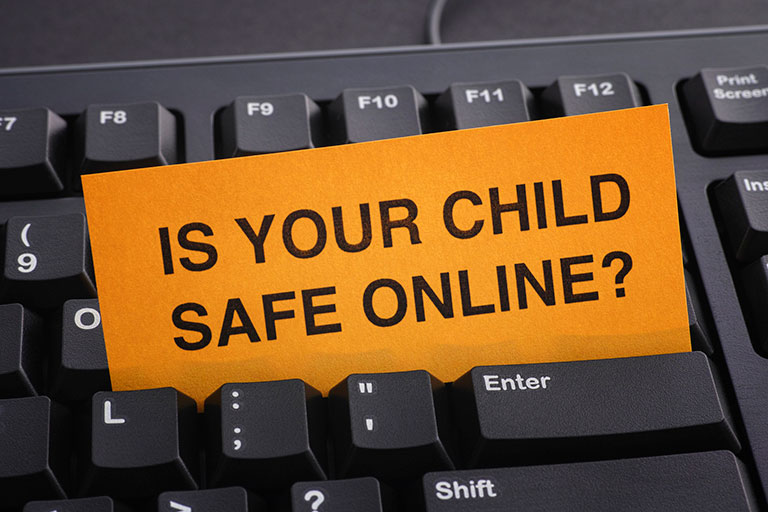5 Ways to Keep Your Children Safe Online

While we live in an age with phenomenal technological advancement and progress, the need to ensure that people are taking safety precautions when surfing the internet have become of paramount importance.
Sadly, one of the most vulnerable groups online are children, accessing the web to play video games, browse social networks and more.
All platforms and applications our children use can be a gateway for any cybercriminal.
Pankaj Bhula, Regional Director for Africa at Check Point Software Technologies said the Internet is part of many of our daily activities, so it is essential to protect the youngest members of the household against any kind of danger online.
““We must take every precaution by training our children thoroughly in all aspects of cybersecurity. When they are online, they should only talk to people they know in real life. They also need to know that sharing personal information online is dangerous, and that strong passwords and updates help offer them a higher level of protection, so they can enjoy the internet, safely.”
Check Point Software Technologies a leading provider of cybersecurity solutions globally, has put together these safety tips to stay safe online.
CREATE FUN AND SAFE PASSWORDS
Children are the most web-savvy, as they are born into an online world; however, they still need protection from it, and must learn to create strong passwords capable of doing this. Share these tips with your child:
It should be a combination that only they know and, for this, they should never use personal data such as birthdays, their age or the names of known players, as this is very easy to find out.
Think of something that is going to be difficult to guess and never share it with anyone.
If you see that any IoT device or app comes with a default password, it is essential that you change it, otherwise it can be very easy to breach.
The best passwords should be different for each platform and should always be long, featuring different characters, symbols, and numbers, such as %Atletimadrid22#!
USE ACCESS CODES
If your child has a tablet or mobile phone, they should always have an access code that restricts any stranger’s attempts to gain entry to it. We all know that children often lose or misplace their belongings. If they happen to leave their device in a public place, an access code will protect the data stored on it.
UPDATES ARE YOUR FRIEND
So many games and applications can be installed on mobile devices and computers, offering your children hours of fun, playing with friends online. But these pastimes have a dark side, especially if they are free: sometimes, the free stuff can hide viruses or malware that can infect all the devices connected to the same network and ruin them or worse. Updating when necessary is essential because it will apply security solutions against new threats and new viruses.
THINK BEFORE YOU CLICK
The first thing to know is that “phishing” means tricking someone into clicking on a link that will do something bad on your device. To avoid falling into the trap of this attack, your children should be taught to only open emails from people they know; never to click on a link in an email; and always check that any file or image attachment is not infected before opening it.
BEWARE OF STRANGERS ON THE NET
Many video games or social networks now allow you to have a conversation with other people who are part of the online world. Although your child may think that the person who they’re talking to is the same age, they can never be certain. It’s best if your child avoids any online conversation in cases where they don’t know the online gamers in real life.





